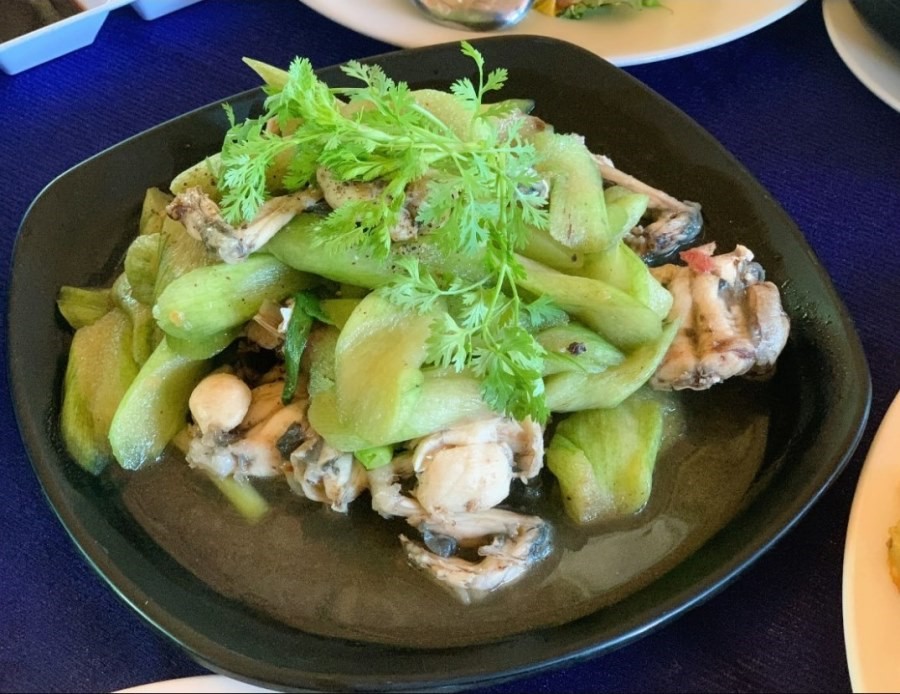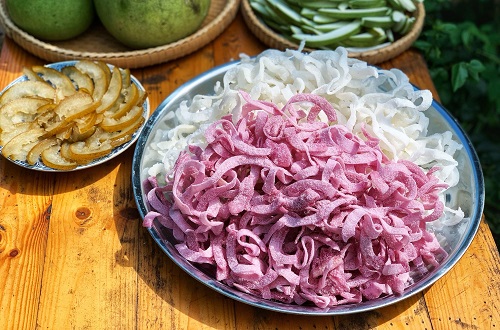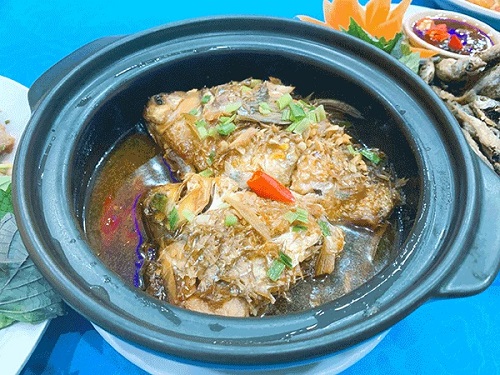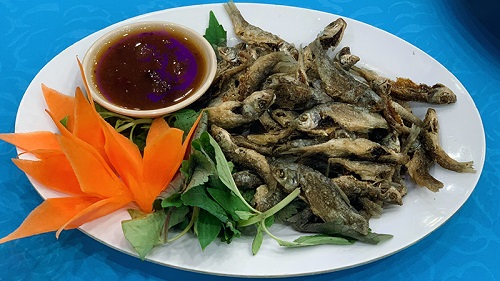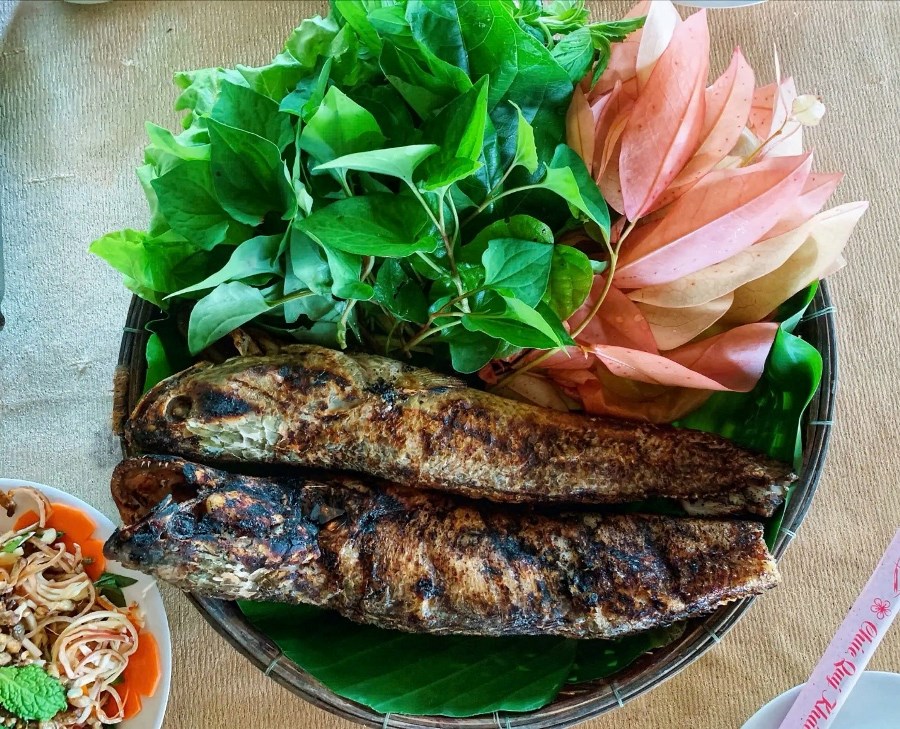The democracy struggle movement broke out everywhere, starting with the movement to organize the Indochina Congress, in many places, committees were set up to collect the people's wishes and submit them to the French National Assembly delegation to investigate the situation in Indochina.
In August 1936, the Communist Party of Indochina made 12 demands on the people's action plan. The Party organization in Can Tho has conditions to consolidate its base and build public mass organizations to gather the masses into organizations, openly fight for people's livelihood and democracy, there are 45 Action Committees were quickly established throughout the province.
The public democracy movement thrived, the colonial reactionaries were afraid, came out to suppress the Indochinese congress, ordered the dissolution of action committees, banned propaganda about Indochina congress, detained delegates and the masses sympathizing with the Party, although it was banned, the movement was still very active:
- At the end of 1936, workers of the Light House and the Department of Sanitation went on strike to demand increased wages and reduced working hours.
- In February 1937, sawmill workers rebelled
- In March 1937, public and semi-public organizations in Can Tho town and neighboring villages held many rallies to commemorate the death anniversary of patriotic journalist Phan Chu Trinh.
- At the end of 1937, the patriotic intellectual Nguyen An Ninh gave a speech calling on the people to fight against fascism and colonial reactionaries for freedom, democracy, and people's livelihood.
- Also in 1937, prominent was the struggle against wage cuts of 5,000 farmers in Phung Hiep and O Mon districts.
The Party Committee of Cochinchina promotes the ability to fight legally and semi-legally to rally the masses into a broad front. In Can Tho, many public organizations were born and operated quite strongly such as Teachers' Union, Friendship Association, Helping Association, National Language Propaganda ...
The strong development of the revolutionary movement required to improve the quality of leaders, many short-term political classes were held, training key cadres for the whole Westside, preparing for the establishment of the Can Tho Provincial Party Committee in early 1938 to meet the revolutionary requirements.
In 1939, the Can Tho Provincial Party Committee held a large-scale public rally at the Léopol theater on the occasion of the 150th anniversary of the French bourgeois revolution. The revolutionary climax of 1936-1939 was the second general rehearsal (after the climax of 1930-1931) with a strong and widespread revolutionary spirit in the province, a premise for the revolutionary movement in the next period.
Translated by Hoang Dat








